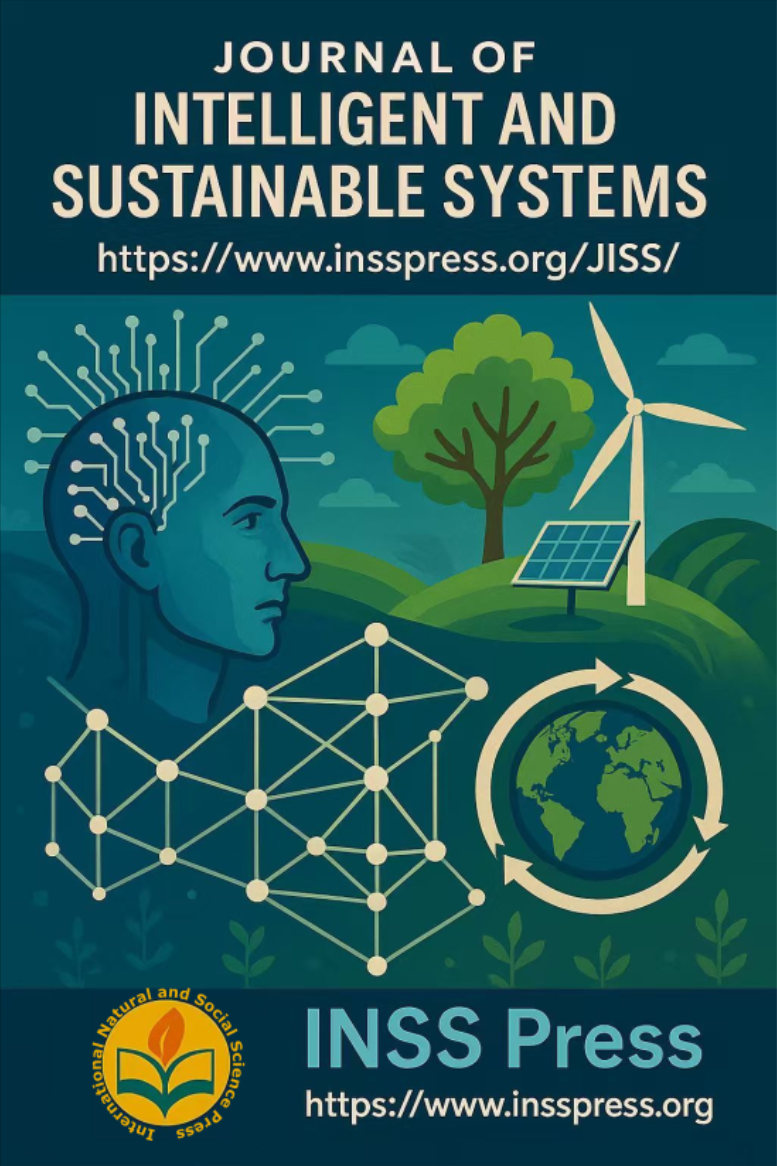Abstract
Urban agriculture is increasingly recognized as a vital strategy for enhancing food security, reducing environmental impact, and fostering community resilience in rapidly urbanizing regions. However, traditional urban farming practices often face limitations in scalability, efficiency, and adaptability to dynamic urban conditions. This paper presents a comprehensive framework for integrating intelligent systems—including artificial intelligence (AI), Internet of Things (IoT), robotics, and cyber-physical infrastructure—into urban farming ecosystems to address these challenges and advance sustainability goals.
We propose a modular, data-driven architecture that enables real-time monitoring, predictive analytics, and autonomous decision-making across diverse urban farming contexts. The system leverages sensor networks to collect granular environmental data (e.g., soil moisture, air quality, light intensity), which is processed by machine learning models to optimize irrigation schedules, nutrient delivery, and pest control. Robotic actuators perform precision tasks such as planting, harvesting, and maintenance, reducing labor demands and minimizing resource waste. The cyber-physical integration ensures adaptive control and feedback loops, allowing the system to respond dynamically to changing conditions and user inputs.
To validate the framework, we conducted pilot studies in Toronto and Singapore, implementing smart greenhouse and rooftop farming prototypes. Results demonstrate significant improvements in crop yield (average increase of 22%), water efficiency (up to 40% reduction in usage), and energy consumption (28% savings through climate optimization). Additionally, the deployment of community dashboards and mobile interfaces facilitated citizen engagement, transparency, and educational outreach, reinforcing the social dimension of sustainability.
This research contributes to the growing field of intelligent and sustainable systems by illustrating how technological innovation can be harmonized with ecological and social objectives. It underscores the potential of AI-driven urban agriculture to transform cities into resilient, self-sustaining food networks. The paper concludes with a discussion of ethical considerations, scalability challenges, and policy implications, offering a roadmap for future interdisciplinary research and implementation.
Keywords:
- Keyword: AI in agriculture
- Keyword: urban farming
How to Cite:
, , (2025) “AI-Driven Urban Farming: A Cyber-Physical Approach to Sustainable Food Systems”, Journal of Intelligent and Sustainable Systems (JISS) . doi: https://doi.org//JISS.10
Downloads
Downloads are not available for this article.
